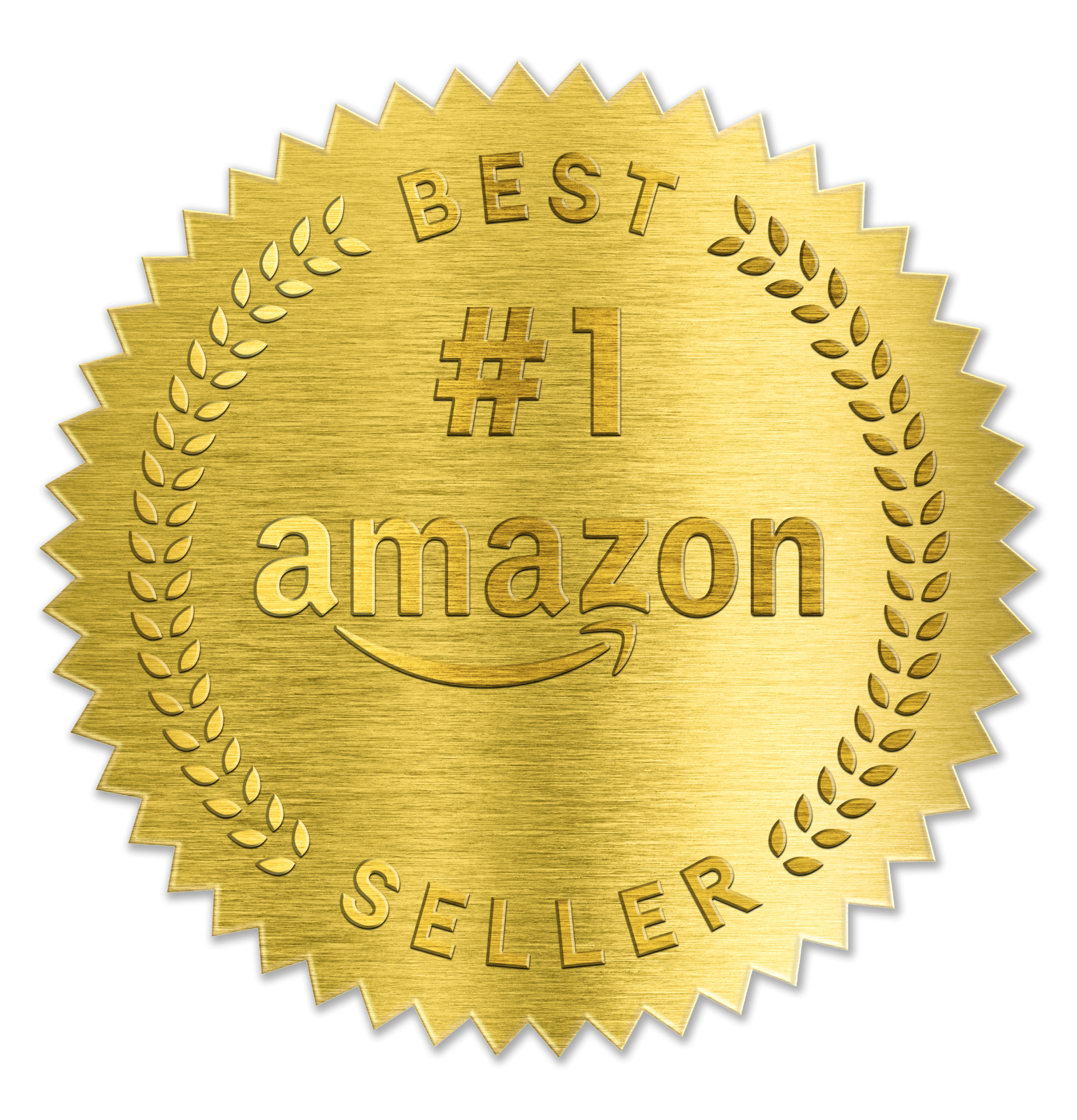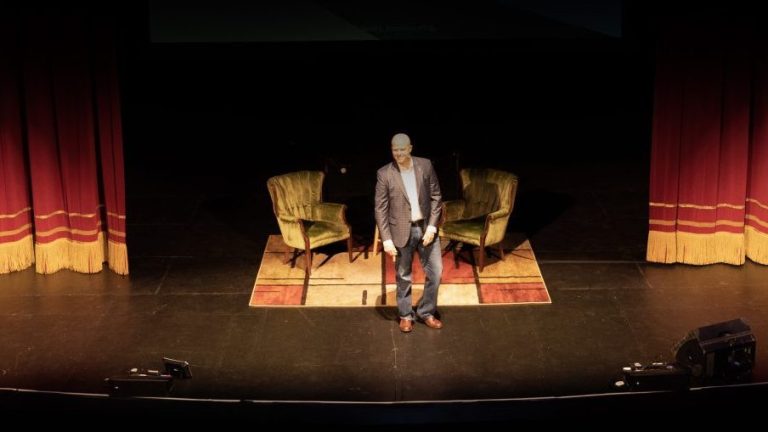I believe all Americans deserve access to a medical professional to make them feel better when they’re sick or hurt. In my experience, that access feels even more important when the hurting person is my spouse, a young child or an elderly parent. In situations like these, should healthcare be considered an inalienable right? I say yes.
More proactive services – such as wellness programs, mammography tests and annual physicals – are important, too. Are these rights? And, if so, who should pay for services?
Some politicians argue the government is responsible. “Medicare-for-All,” which continues to pick up some momentum this election cycle, is built on the premise that healthcare is a right. The proposal would replace private insurance, Medicare and Medicaid.
According to an article on Politifact.com titled “Medicare-for-All: What it is, and what it isn’t,” “Medicare for All would be a single, national health insurance program that would cover everyone who lives in the United States… It would pay for every medically necessary service, from routine doctor visits to surgery to mental health to prescription drugs. Dental and vision care are part of the package, too.”
Studies have shown that so-called “social determinants of health” – things like access to healthy food, shelter, safety, education and clean air – have a huge impact on a person’s wellbeing. Should these be included under things that are “medically necessary”?
Is it one person’s right to live in a large house with acreage while others live in more modest settings? If everyone has the right to be educated, does that include primary school, undergraduate, graduate and doctoral studies?
If public transportation is not available in certain areas, should the government provide automobiles to citizens that live in those places?
The Congressional Budget Office estimates the cost of Medicare-for-All at upwards of $34 trillion. That’s “trillion” with a “T”. A suggested method of payment would come in the form of new taxes, perhaps increasing taxes by as much as 20 to 25 percent (The Atlantic, October 2019).
My area of expertise is in healthcare, and I intentionally veer somewhat out of my lane to challenge you to think about what Medicare-for-All might look like if our elected leaders are encouraged to continue down that path.You may have noticed that I’ve posed many more questions than answers. Here’s what I know: America’s community hospital’s are fighting every day to make needed services available to the people in the communities we serve. Hospitals are fighting to keep down costs, regardless of whether the entity paying is the employer, the government, or the patient. The healthcare payment process, as it exists today, is inappropriately complex and confusing and adds unnecessary costs for everyone.
I believe we owe it to our patients to work within today’s framework to find realistic solutions, rather than overhauling the entire system. I also believe healthcare is an inalienable right, which is why many hospitals are holding more open-to-the-community health programs, seminars and health events than ever before. But I’m particularly proud of the great work the hospital community is doing to educate and improve the services offered to our communities, especially in rural areas, in hopes of keeping our friends and neighbors out of the hospital and free from the high bills that our current system requires.
It may not be a perfect, immediate solution. But I believe we are making a difference in people’s lives, and I’ve yet to see a realistic federal proposal that fixes our problems any better.





